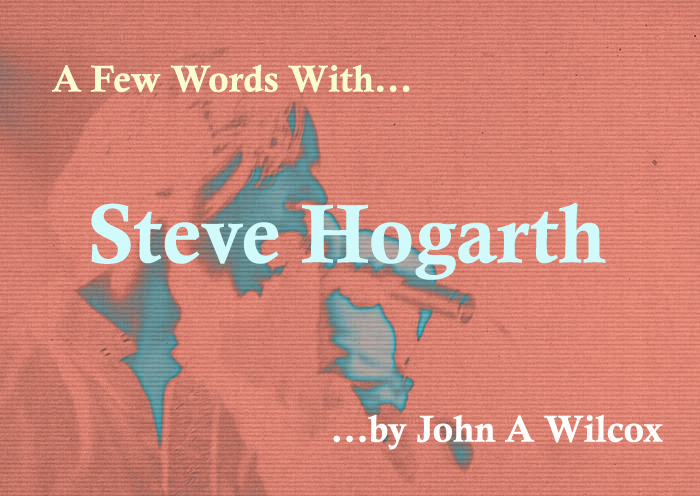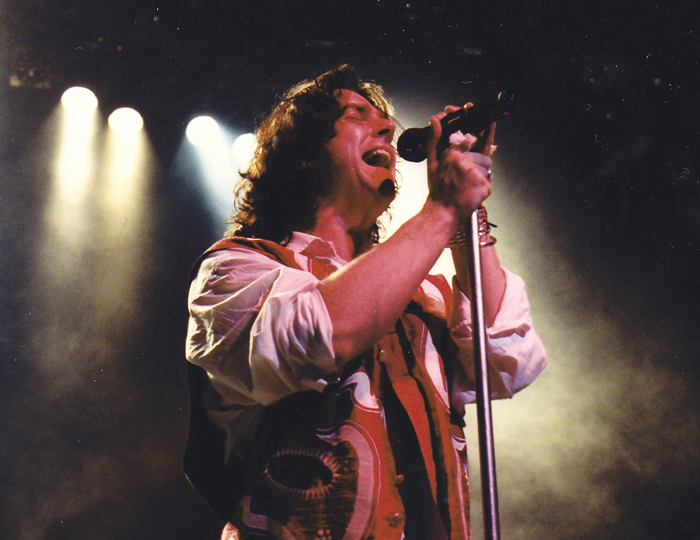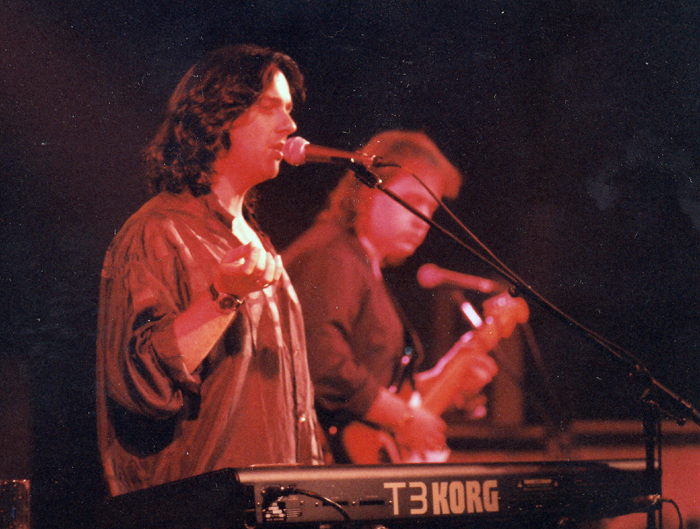

On the eve of Marillion's 2012 US tour - their first since the tour for Marbles - Steve Hogarth took a few minutes to ring me up from home. He was in the midst of laying down vocals for the next Marillion album - Sounds That Can't Be Made. We had a lovely chat, so grab a tea and join us...


